Course Announcement
This training course and training materials are inspired by the thought that the integration of indigenous peoples’ rights and traditional knowledge into water resources management is an effective means to enhance sustainable development in the whole river basin. Custodians of biologically and culturally diverse environments and possessors of invaluable knowledge on their water resources, indigenous and traditional peoples are still often ignored in decision-making on water, unequally treated in conventional water management systems, and disproportionately affected by water conflicts. Facing the impacts of global climate change in local environments and resource management systems, we cannot afford to ignore the environmental knowledge of the world’s indigenous peoples.
While increasing attention is paid to indigenous people’s issues and indigenous activism in environmental matters is growing, indigenous people’s perspectives only have a minor role in international mechanisms related to management of water resources. The recognition of environmental rights at the international level is often not respected or transformed into concrete advances at the national and local levels. Inadequate management procedures and the absence of recognized land and water rights still make it difficult for indigenous peoples to meaningfully influence water management decisions.
The participation of vulnerable groups is essential for the sustainability of water management solutions. Indigenous people’s ability to participate fully in sustainable development practices on their lands is limited by economic, social and historical factors. In view of the sustainable development of the natural environment, as well as the cultural, social, economic and physical well-being of indigenous peoples, efforts should be made to recognize, promote and strengthen the role of indigenous communities in water management systems. The Integrated Water Resources Management (IWRM) approach seeks to enhance dialogue between different stakeholders and favours decision-making at the lowest appropriate institutional level.
Objective
The training of trainer course aims to validate the draft training materials on Indigenous people and IWRM. The training package objectives are to facilitate learning for integrating the traditional knowledge into policies and practices in IWRM ; integrate traditional knowledge in to IWRM ; and discuss the ways to enhance indigenous people’s participation in sustainable water management and development.
Learning Objectives
The course will provide participants
- basic knowledge on Indigenous and traditional people, their value systems and water conflicts and challenges they face, and their role in IWRM in achieving sustainable development
- a platform to share knowledge and case studies on integration of traditional knowledge into IWRM
- the knowledge on rights of indigenous people in international law
- knowledge development on incorporating traditional knowledge in adaptation to climate change
- an understanding on intercultural approach to IWRM
- training modules, a facilitator guide to train water managers and stakeholders to enhance participation of indigenous people and integrating traditional knowledge into IWRM
The participants
Course is open to maximum 40 participants representing various stakeholders group from entire water sector :
The organizations who are closely work on indigenous people’s rights and water management are encouraged to apply in order to represent their experiences and contribute to the discussions that they could enrich the materials with their active involvement in discussion forums throughout the training.
Stakeholders and professionals forming part of water management, civil society, river basin or international organizations ; development programmes and members of UN organizations ; and representatives of the private sector ; decision makers, policy makers, and high-level professionals and managers active in governmental bodies ; capacity developers active in the fields of sustainable water management, droughts, Integrated Water Resources Management, risk management, climate change, amongst others ;
Registration
There is no course fee ; participants will be selected by the organizing committee considering professional background, and geographic balance, gender as well as on their motivation and commitment to participate throughout the entire course.
Interested participants must complete the online registration form, including the presentation of the following documentation on or before Monday, 20th March 2017.
Required. A short profile, describing : educational and professional background ; experience in water resources management, water capacity development, or decision making ; participation in networks and/or alliances ; any other relevant information related to the course subject.
Required. A motivation and commitment letter : explaining your interest in participating in the course ; availability to dedicate at least 4 hours per week during the course duration and participate in the course activities ; and your expectations in terms how will you apply and share the acquired contents in your field of work and with your colleagues.
Optional. A letter of institutional support : through which the institution where you work expresses interest in your participation in the course ; explains why this will be an important training for you and the institution
Language
The course language is English.
Contents and Course Structure
The course is structured by six modules. Each module will run over 1.5 weeks, during which course participants must read basic contents and participate in suggested activities.
For more information visit campus.cap-net.org or contact virtualcampus@cap-net.org.
To apply online : http://campus.cap-net.org/en/course/indigenous-people-and-iwrm/
